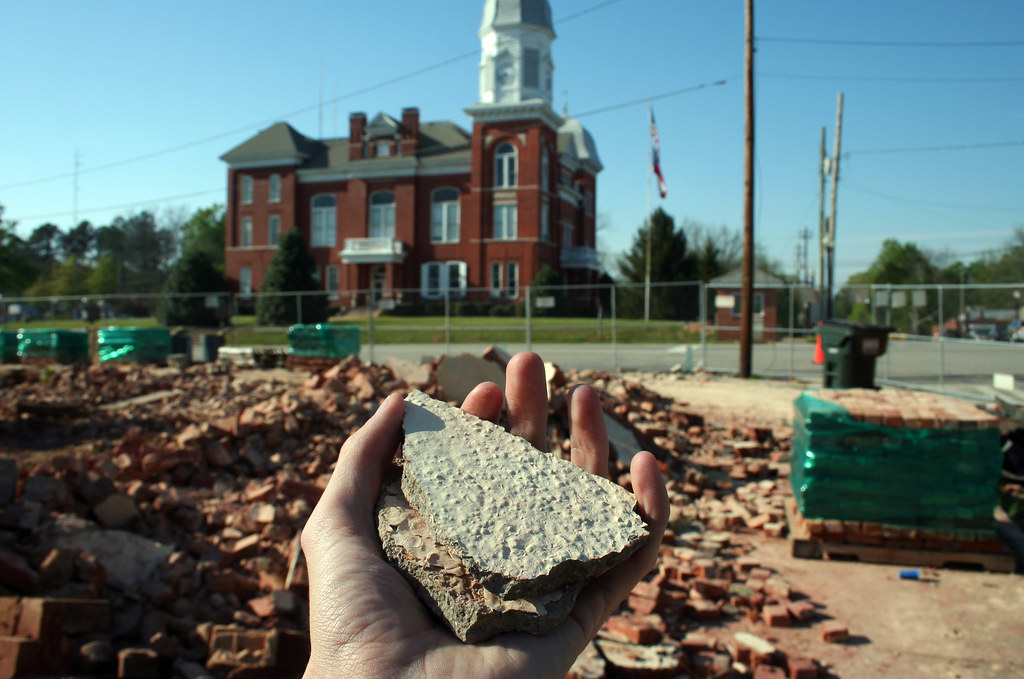
What is Southern? Coca-Cola, plantations, sweet tea, trains, kudzu, front porches, and small towns all invoke images of the South. These are images that romanticize the South. But there's another type of image that is also Southern, an image that went hand in hand with sweet tea and front porches.
On August 24, 1955, Emmett Till, a 14 year old black boy from Chicago, and some friends went to this store to buy some candy and soda. Following a dare, Emmett said "Bye, baby" to Carolyn Bryant, a white woman whose husband owned the grocery. Three days later, Emmett's body was found in the Tallahatchie River with a 75 pound cotton gin tied to his neck. Carolyn's husband and his half-brother were acquitted of this heinous crime a month later by an all-white, male jury. Deliberation lasted 67 minutes, which included a "soda break" to stretch the time and "make it look good."





